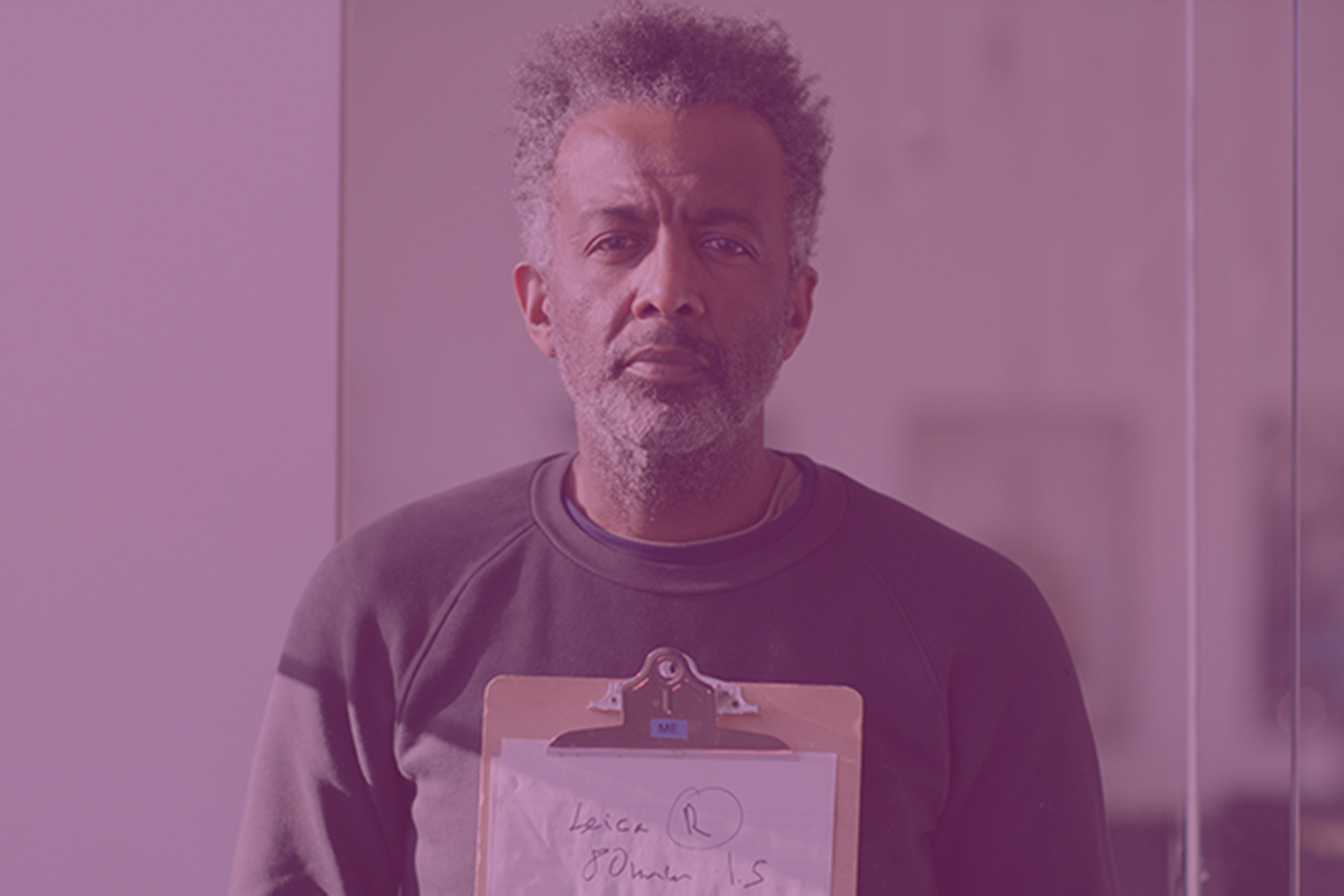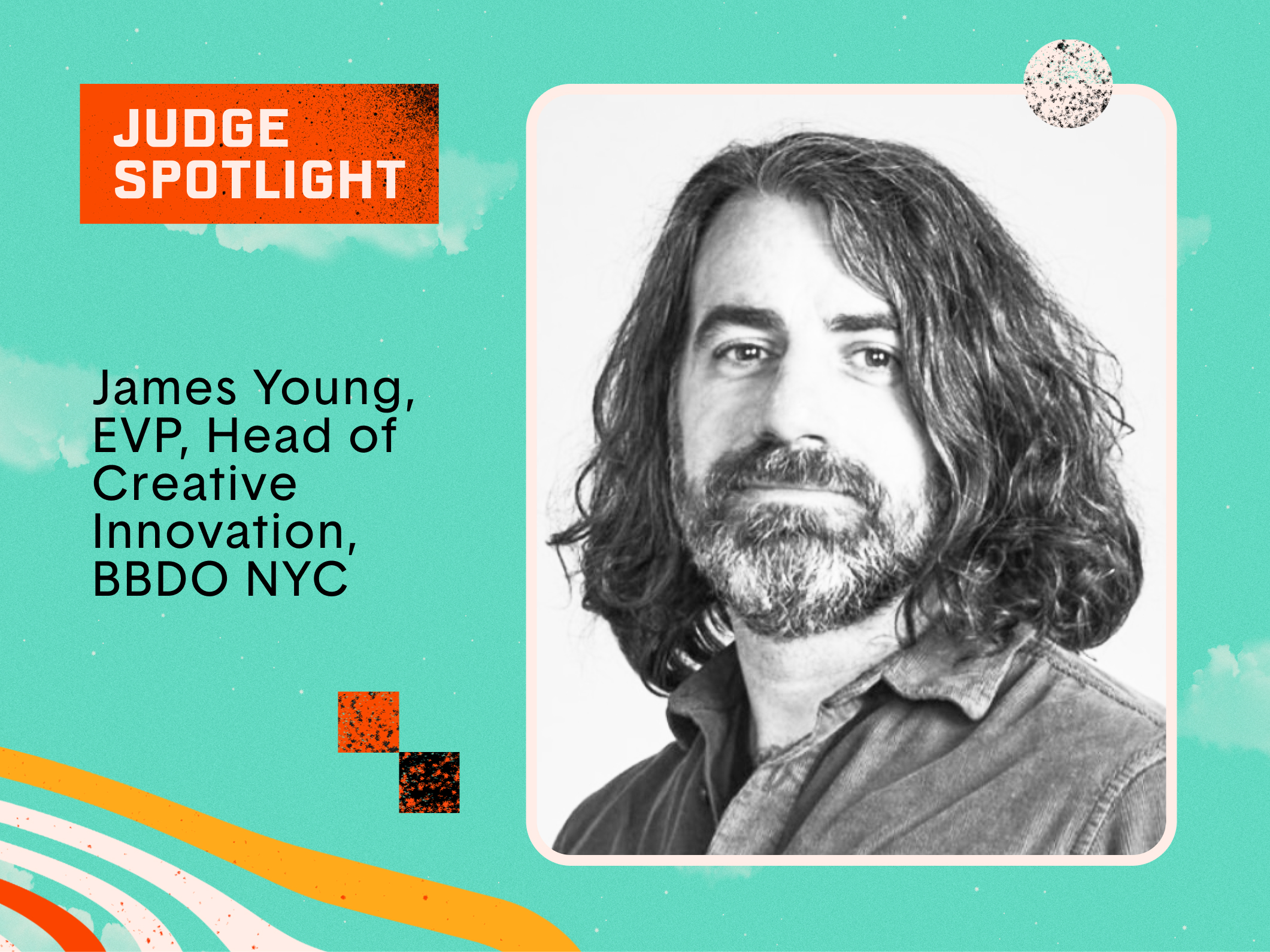Born in a working class family in Sao Paulo, Brazil. In 2003, Jorge Camarotti moved to Montreal, where he pursued a career as a professional photographer. In 2017, he published a book, Mile-End Chronicles, a 10+ year photographic collection of portraits documenting the lives and stories of immigrants living in Montreal.
After studying Meisner for two years, he realized that he could use empathy as a tool to spread his views of the world through storytelling.
Since his beginnings in filmmaking six years ago, Jorge has directed a dozen short films, both documentary and fiction, always remaining true to giving voice to the most aggrieved individuals of our society.
Jorge wrote and directed Kinship (2019), which was selected in many reputable film festivals such as Palm Springs International, Maryland, Clermont-Ferrand (Sodec), Regard and which received a nomination at the 2020 Canadian Screen Awards for best live-action short.
I believe last year’s events will be remembered as the tipping point of a whole generation, as it forced us to see life through a completely different lens. Personally, besides the tragic events and so much grief, the forced slow down had a good impact on my work. Before the pandemic, I felt a pressure to “perform and share” what I was doing, but when you’re a writer/filmmaker everyone knows good things take time, and I found that time last year. Since then, besides sharing music playlists every day for the first 45 days of the pandemic, I managed to finally finish developing a TV series’ bible I had been working on for the past 5 years, and I wrote the first draft for my next feature film. The uncertainty about the future forced me to stay in the present, and staying present made me focus on the work process, rather than on the possible outcome of my projects.
What is a piece of work you are most proud to have worked on?
My most recent work I’m most proud of is an Ad campaign for Amnesty International to fight systemic racism in Canada, more specifically in Québec. We assembled a small team (Covid proof) and chose a very simple approach for the commercial, delivering our message in one, 30-second take. I’m thankful for TAXI agency reaching out and giving me a lot of freedom to shoot this spot. I’m also very proud of my short film KINSHIP which received a nomination at the Canadian Screen Awards for Best short live action film. Both projects shine a light onto the struggles of marginalized communities, which are integral, driving themes of my career as a director.
I’m also very excited about my next film Ousmane, featuring Issaka Sawadogo https://www.imdb.com/name/nm1371957/, that I just wrapped production on, with the plan for it to launch in the fall of this year.
What is one thing the Telly Awards community should know about you?
I always try to give a sense of humanity and empathy to any project I get involved in. With my work I try mainly to raise awareness towards social issues that are oftentimes marginalised. I believe that any form of communication can be used to pass a subtle and subliminal message that, in the long term, can change and improve the lives of people in our society.
What is most exciting for you at the moment within your industry?
Streaming platforms are the most exciting thing right now. It’s hard to break through as an independent filmmaker, and the addition of more and more streaming services gives people like myself more opportunities to bring projects to fruition. Simply put, more streaming sites means more content. Yes there is a problem with oversaturation, but at the end of the day, more voices being heard, and diverse ones at that, is better than only a select few getting their chance.
What piece of video/television has recently inspired you?
I watched a lot of TV last year, but a show that stood out was, Dark, a German show on Netflix that really impressed me in terms of storytelling and production value. Otherwise, I have been watching a lot of Japanese films lately. Shoplifters was a personal favorite of mine, a great story focusing on social issues.





